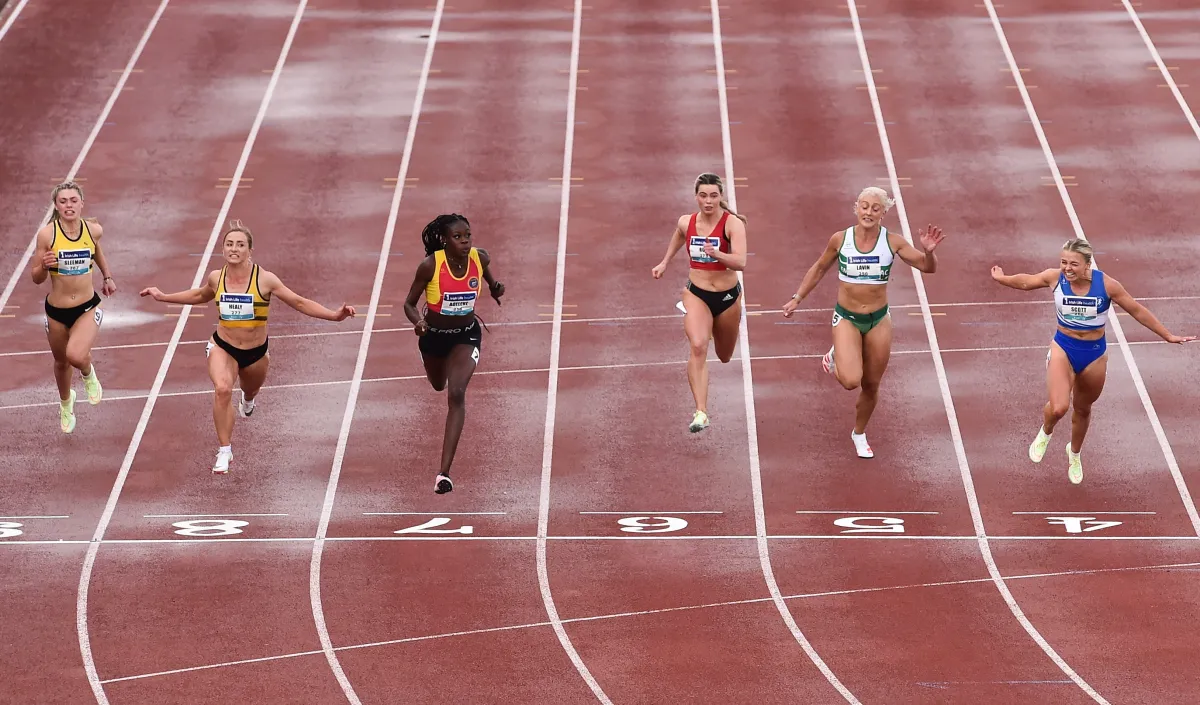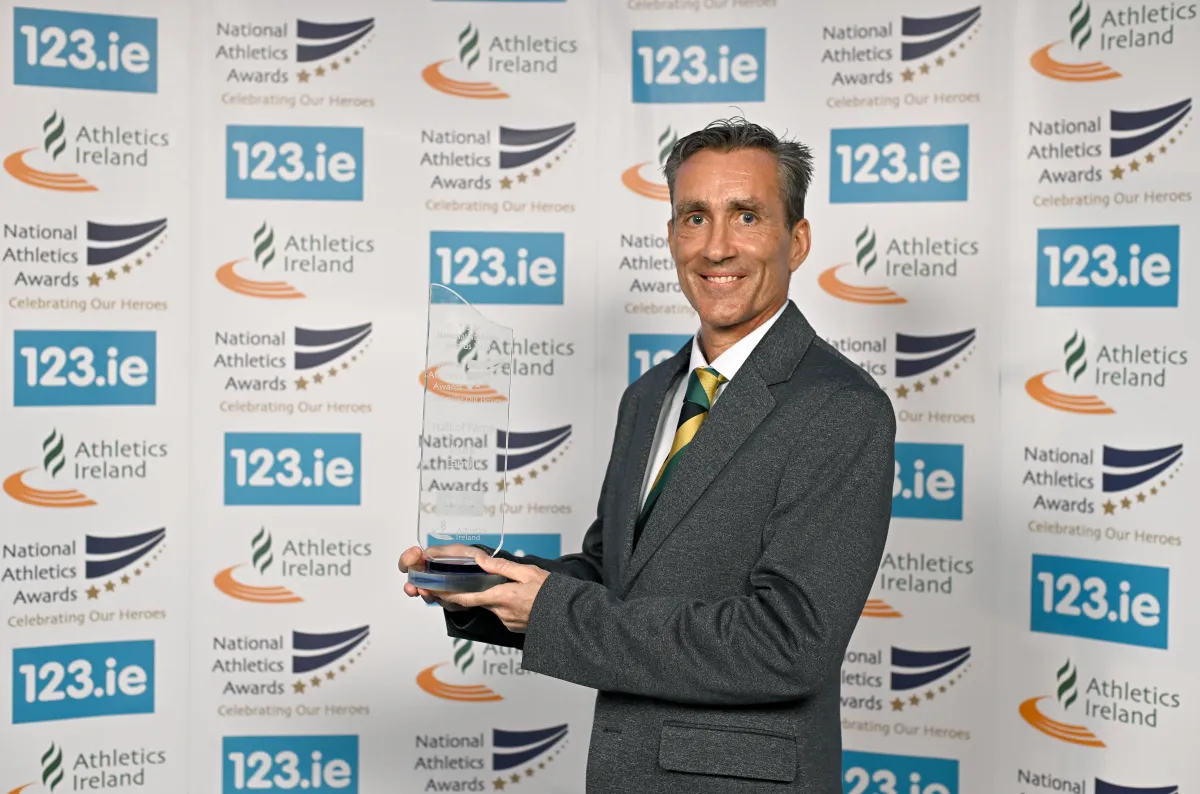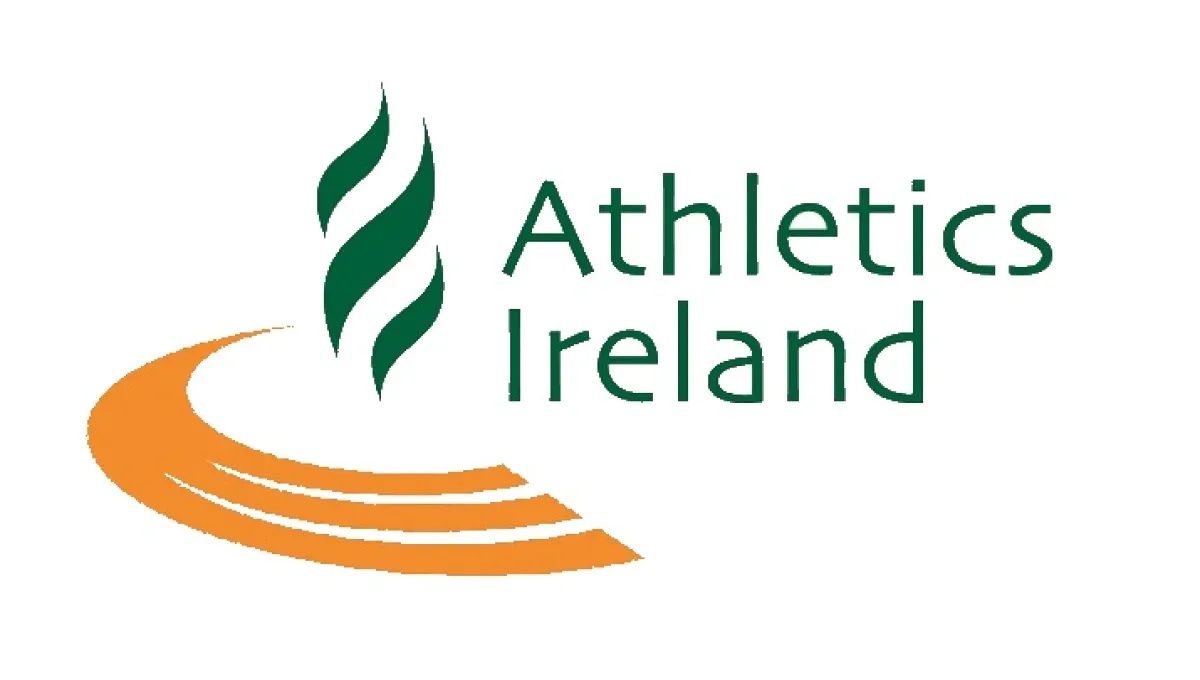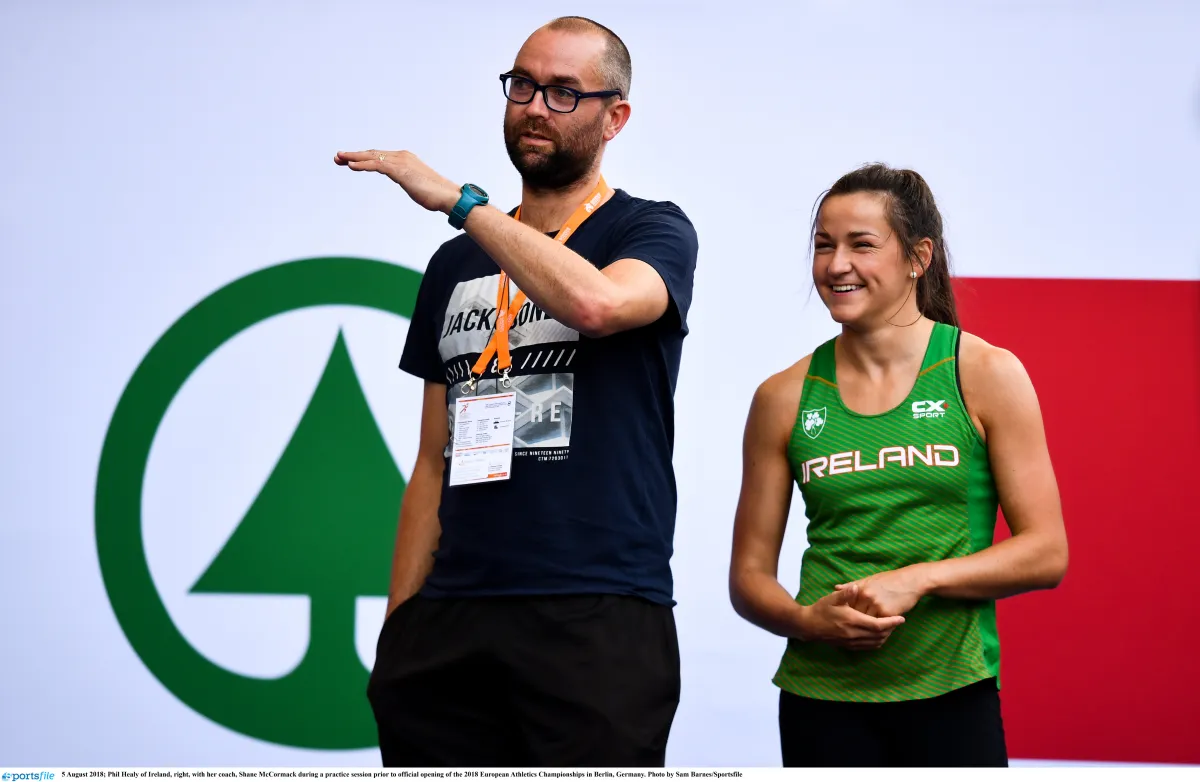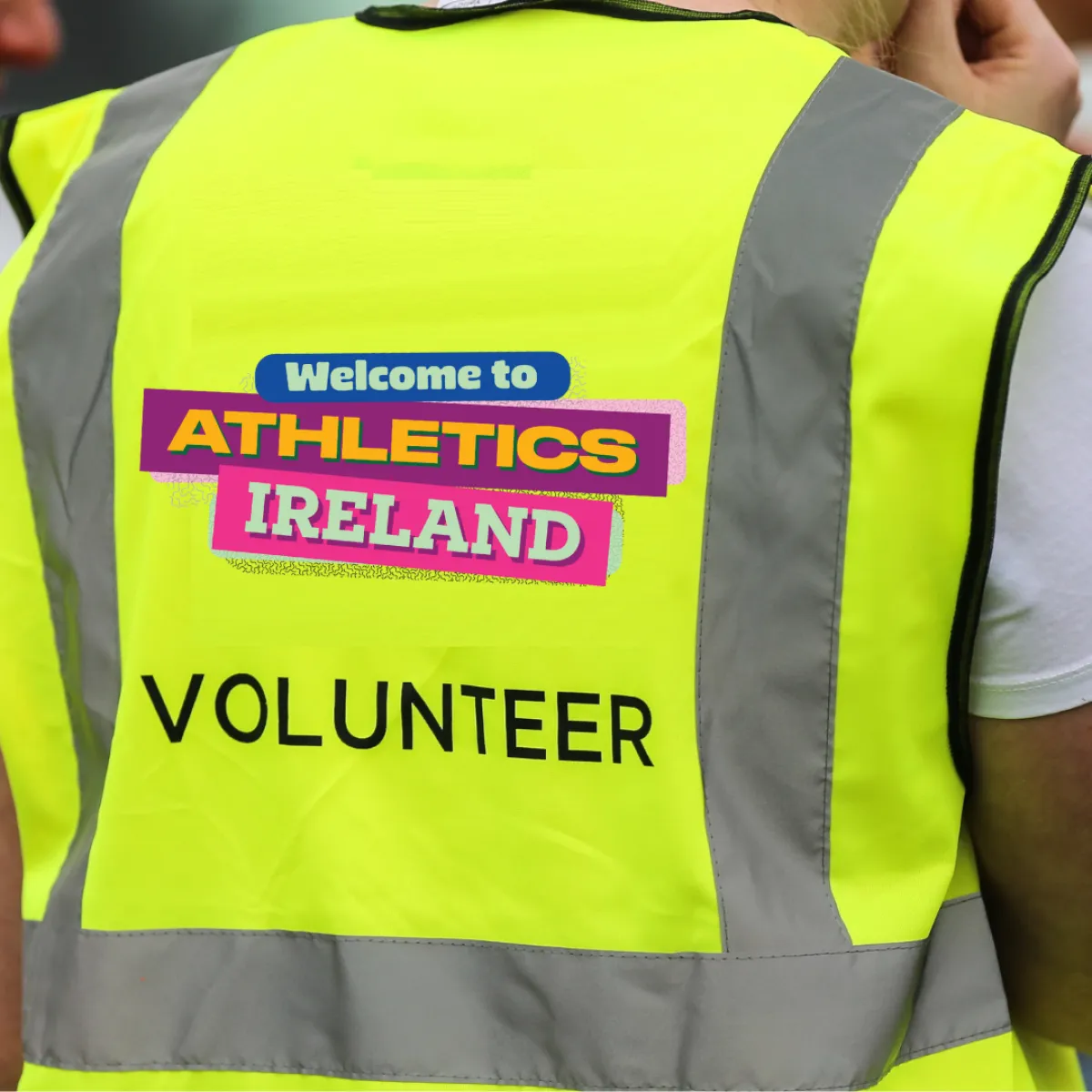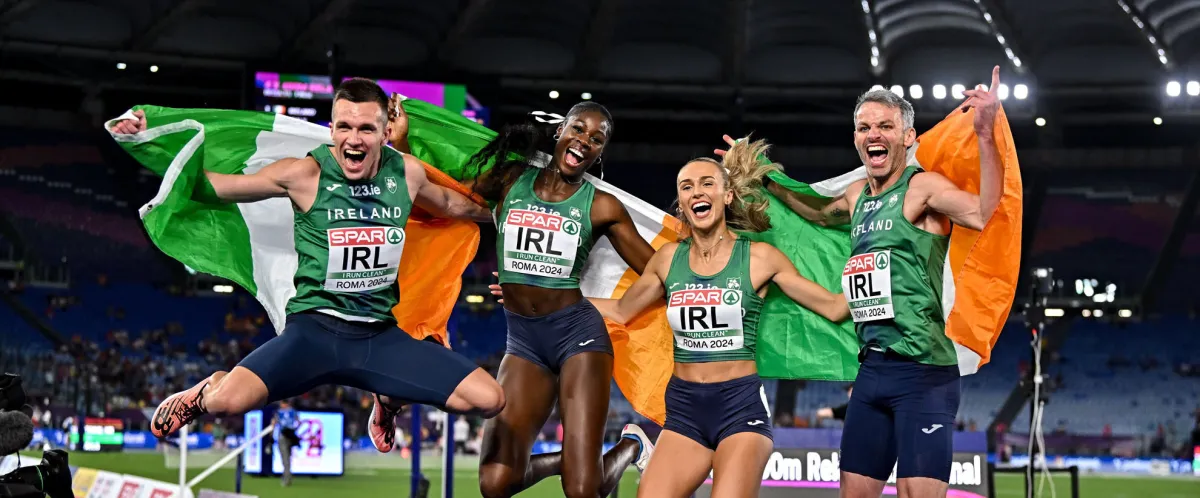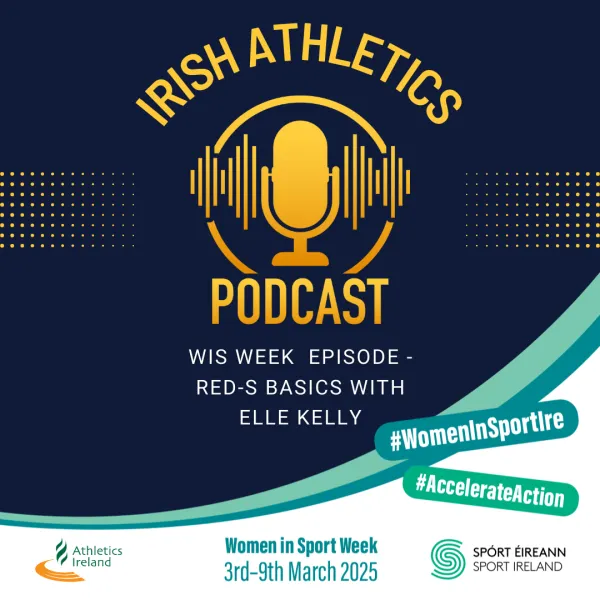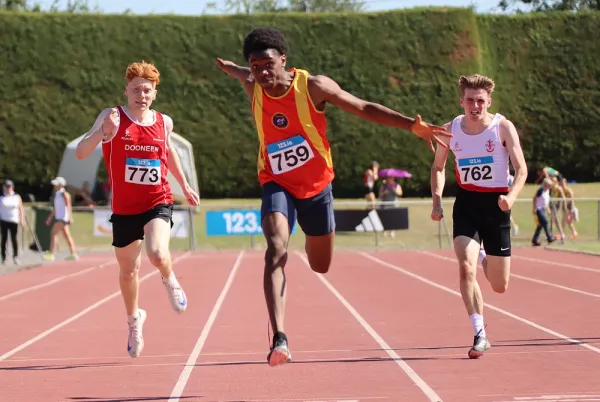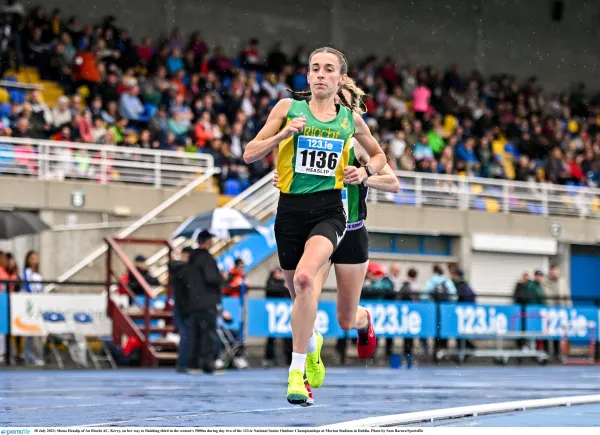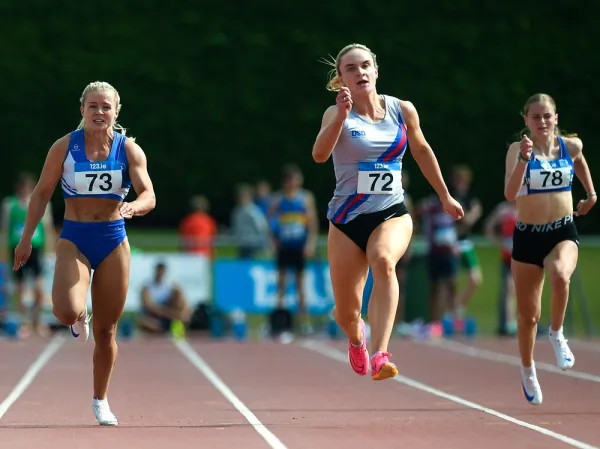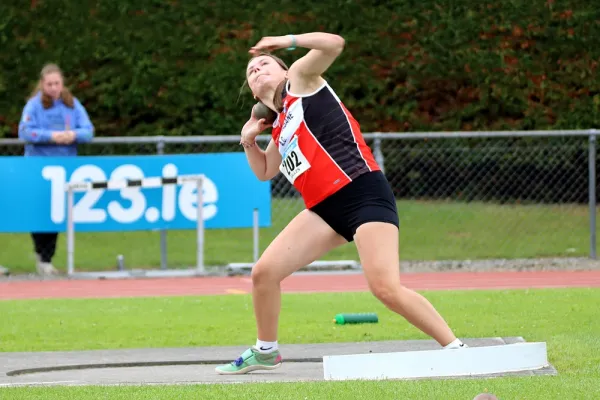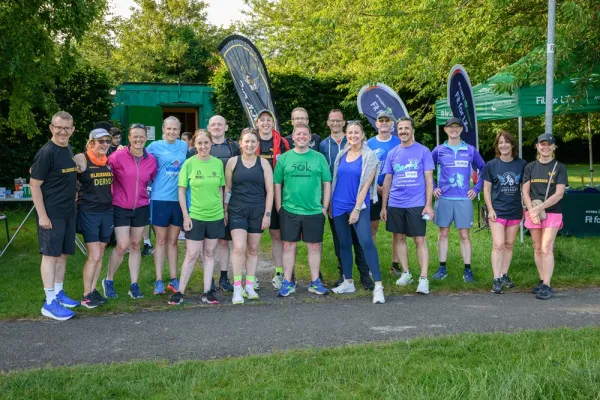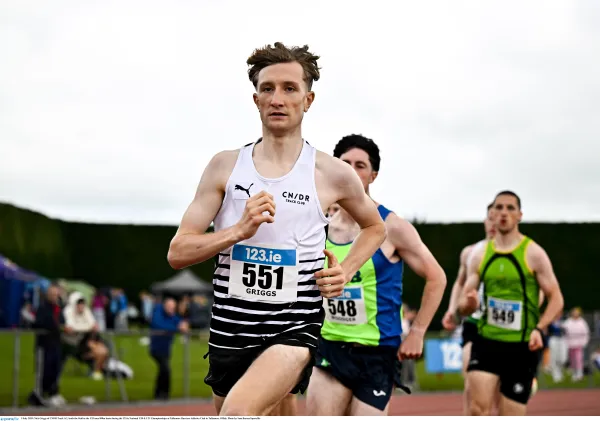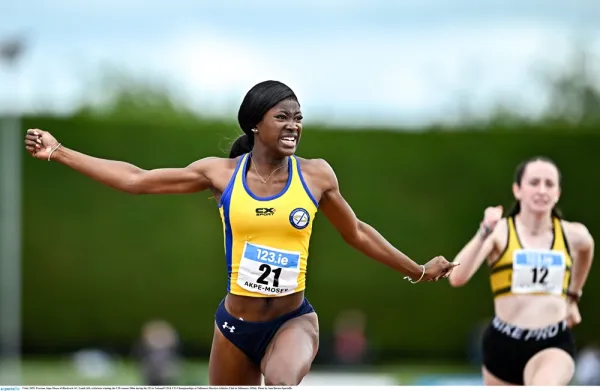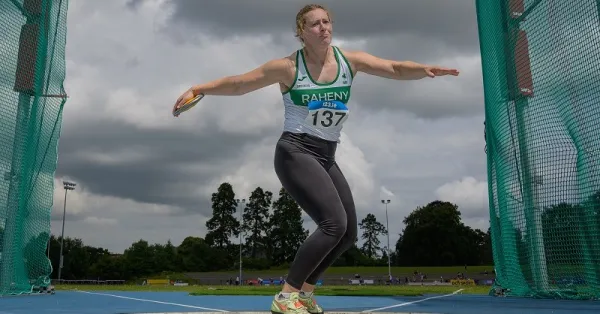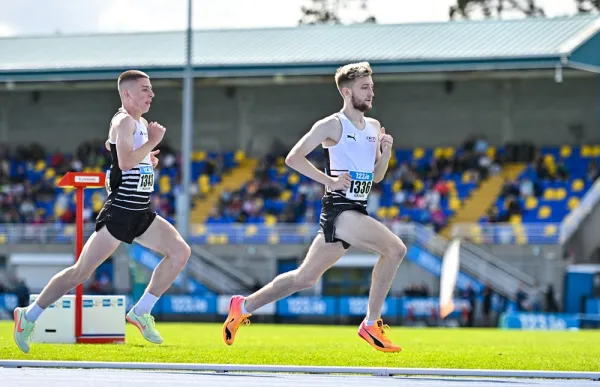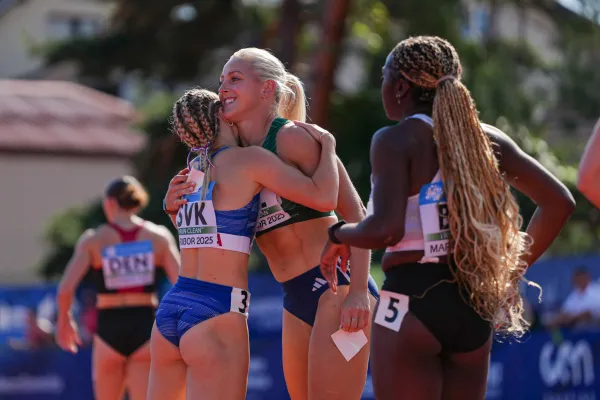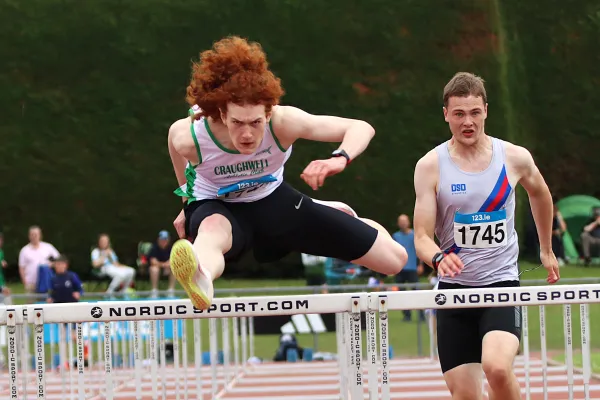Women in Sport Week – Special Episode of the Irish Athletics Podcast with Dietitian Elle Kelly.
On day three of Women in Sport week Athletics Ireland brings you a special episode of our weekly Irish Athletics podcast that covers all the basics of RED-S, also known as relative energy deficiency in sport. While not an exclusively female phenomenon, female athletes in certain categories of athletics are at higher risk of developing it and the loss of periods is just one of the many signs of the disorder.
Elle Kelly is an Irish sports dietitian that works in eating disorders and disordered eating. She had over five-year’s experience working in eating disorder services in the NHS in England before going full-time with her own private practice, EK Nutrition. She is a keen runner (stay tuned to see how her progress is going) and played many sports as a teenager.
In this episode Katie Kirk (qualified sports nutritionist with a master’s degree in the topic) asks Dietitian Elle all your burning questions about RED-s and will help to dispel some of the mistruths about the disorder that can have long lasting impacts on health and wellbeing for athletes.
RED-S is like your body going into ‘low power mode’ says eating disorder dietitian Elle Kelly
The impact of RED-S on athlete performance and wellbeing is more well known since the introduction of the definition by the International Olympic Committee in 2014, but there is still work to do.
While the terminology is still relatively in its youth, the symptoms it encompasses are ancient, especially in the sporting world.
In years gone by, it was thought to be ‘normal’ that sports women have irregular or absent menstrual cycles.
While this may be shocking to some, doctors, medical and nutrition professionals at times still misunderstand the severity of the issue, with athletes regularly told that it may be normal for those that do lot of endurance activity.
RED-s is also not an exclusively female phenomenon, the loss or absence of periods is probably the main symptom athletes are told to look out for, but it’s not the only one.
Dietitian Elle Kelly explains that periods stopping is usually not the first symptom and the impairments to physiology could be caught earlier if the other signs were better known.
“A lot of people think that losing your period is like that that main sign and it is a very obvious symptom, it’s obviously something that females can track but it’s definitely not the only sign.
“I would kind of argue that by the time a female has lost their period there probably has been other symptoms going on for a while prior to that,” Kelly said on the Irish Athletics podcast for Women in Sport Week.
There has been an increased emphasis on understanding the symptoms of RED-s but it is clear there may be some way to go in recognising the earlier signs, which Kelly lists.
“Feeling cold a lot of the time… being more stressed or anxious or experiencing low mood… low energy… not recovering well from your training maybe feeling wiped all the time or becoming injured or ill a lot more frequently,” explains the eating disorder dietitian.
Kelly urges athletes and coaches to act before periods stop or there is a noticeable impact on performance.
“People don’t pick up on it until your performance has been hit or I very commonly see athletes coming to me with injuries and I’m like ‘if we could have addressed this a little bit sooner, we might not be in that position’.
“If you suspect it, straight away, I would encourage you to speak to anyone about it,” adds Kelly.
There have been several efforts made over the last five years to raise the profile an impact of RED-s in athletics in Ireland.
Sport Ireland have launched several campaigns and Athletics Ireland have run a host of webinars aimed at athletes and coaches since 2019.
The impact of RED-s goes beyond performance, and as emphasised by the experienced eating disorder dietitian, if more people acted before performance is impacted or there is an effect on the menstrual cycle we would see less severe cases.
It’s important to note that even if you are eating enough overall, periods of energy deficits throughout the day can still have an impact on those important but non-essential body functions that all contribute to RED-S.
Kelly also explains in the episode that even having an overall adequate energy intake can cause loss of period.
“Training fasted or even a very popular behaviour like ‘saving up calories till later’ can contribute to what we know as ‘within-day deficits’.
“What that study found was that the athletes who had within-day deficits even though their overall energy intake was adequate, had irregular or missing menstrual cycles as well as having higher levels of cortisol, a lower metabolic rate, lower levels of oestrogen and they spent more time in a catabolic state,” she added.
Fad diets come and go but one that may have had an impact on the occurrence of RED-s, at least several years ago, was the emphasis of low or lower carbohydrate diets, but Kelly says that female athletes are typically under consuming carbohydrates despite the well known important for performance and health.
“We know that carbohydrate availability plays a huge role, when training load increases, your carbohydrate requirements are going to increase as well.
“We know so much research has highlighted that female athletes are typically under consuming carbs.”
There can be many reasons why people fall into RED-s and disordered eating while doing athletics.
Kelly explains that for most of her clients she sees in her clinic the behaviour driving their RED-s diagnosis could be described as ‘intentional’, even if it might not feel that way for the individuals and are usually accompanied by a difficult relationship with food.
“For a majority of the clients I see sadly they’ve probably fallen into this state in an intentional way, usually as a result of having a very poor relationship with food.
“They might be intentionally trying to restrict their intake, they might be intentionally over exercising, it could be a coping mechanism, it could be linked with an eating disorder but not everybody who has RED-s has an eating disorder.
“You can have some level of maybe disordered eating or you might be intentionally trying to change your body composition.”
It’s easy to see how the additional pressures that come with doing athletics, such as wearing more revealing clothing and archaic beliefs that lighter is faster could contribute to intentional behaviours that contribute to the development of RED-s.
Kelly also adds that for the majority of athletes there may be an intentional element to behaviour that will make the recovery process a bit longer.
“In those cases where there’s a more complex relationship with food going on, naturally the timeline of recovery is going to be a little bit longer because it’s not as simple as just eat a bit more and move a little bit less and there’s a whole kind of mindset piece that needs to be worked on there.”
From my experience as an athlete and one who has experienced RED-s and disordered eating, the denial around the ‘intentional’ piece can be difficult to overcome, it is more painful to dig deep into your beliefs about food than blindly follow guidance on what you should be eating.
It isn’t the individual athletes’ fault that they feel a certain way about their body or its impact on performance, there needs to be massive cultural shifts that support athlete recovery from and prevention of RED-s.
It’s very easy to think that a practical approach will resolve RED-s, it may work for some but often more emphasis is needed on mental health and as Kelly says, ‘it’s not as simple as just eat a bit more and move a little bit less’, if it were we wouldn’t see so many affected by it.
